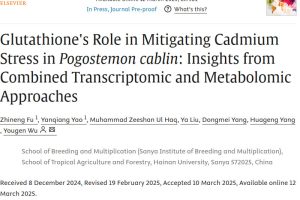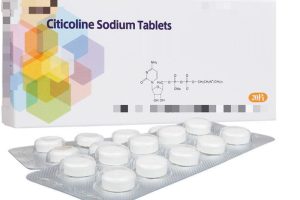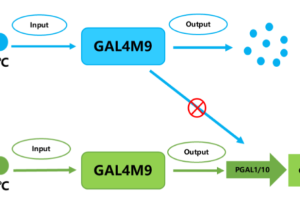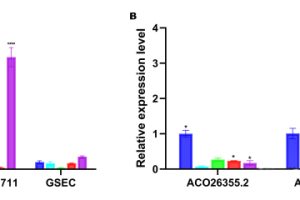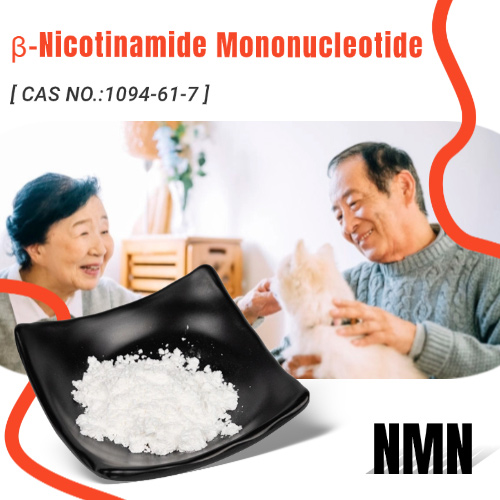Japanese scientists have found that NMN supplementation can prevent age-related hearing loss in mice.
NMN inhibits age-related hearing loss
Mice naturally lose their hearing as they age, just like humans do.
To confirm this, we compared the hearing of 25-week-old mice (about 30 human years) with that of 12-week-old mice (about 21 human years).
The study found that the auditory brainstem response (ABR) threshold (the threshold for sound intensity that stimulates electrical activity in the brain stem) was higher in 25-week-old mice than in 12-week-old mice, indicating that the mice developed hearing loss at 25 weeks of age.

To determine the effect of NMN on age-related hearing loss, 12-week-old mice were fed 500 mg/kg of NMN daily for 13 weeks.
The results showed that mice treated with NMN had significantly lower ABR thresholds compared to control mice fed water, suggesting that NMN inhibits the progression of age-related hearing loss.

Studies have shown that NAD+ levels in multiple organs decline with age, leading to chronic disease.
When NAD+ levels in the cochlea (a structure in the ear associated with hearing) were measured in young and old mice, no age-related decrease in NAD+ levels was detected.
This can be explained by the relatively young age of the “old” mice in this study.
A previous study showed that mice at 12 months of age – the equivalent of about 43 years in humans – have lower levels of cochlear NAD+.
To further investigate how NMN might prevent hearing loss, the researchers measured changes in cochlear gene activation.
They found that NMN caused changes in ion homeostasis.
Based on these results, the authors speculate that NMN may counteract age-related dysregulation of iron and zinc in the inner ear.
NMN improves hearing mechanisms
1. Improve the NAD+ level
With the increase of age or due to certain diseases and other reasons, the level of NAD+ in the human body will gradually decline, and NAD+ is essential for the energy metabolism of cells, DNA repair and other physiological functions.
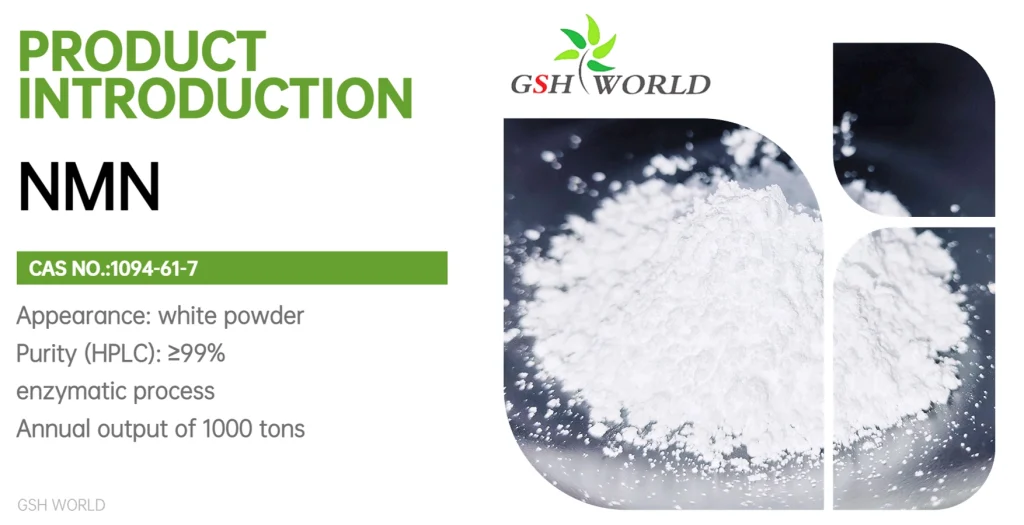
In the auditory system, sufficient NAD+ level helps to maintain the normal function of inner ear cells, such as hair cells, spiral ganglion cells, etc., to ensure the normal transmission and processing of sound signals, so as to protect and improve hearing.
2. Enhance cell energy metabolism
Cells such as hair cells in the inner ear consume a lot of energy to perform functions such as converting sound signals.
NAD+ from NMN is involved in the oxidative phosphorylation process in the cell, providing the energy currency ATP for the cell.
When NMN supplementation increases the level of NAD+, it can enhance the energy metabolism of inner ear cells, so that hair cells can more effectively perceive sound vibration and convert it into nerve impulses, improve the function of the auditory system, and improve hearing to a certain extent.
For hearing loss caused by impairment of energy metabolism of inner ear cells due to aging, noise exposure and other reasons, NMN helps restore normal cell function and reduce hearing loss by enhancing energy metabolism.
3. Play an antioxidant role
Oxidative stress is one of the important factors leading to hearing loss, and excessive reactive oxygen species (ROS) can damage inner ear cells.
By increasing the level of NAD+, NMN activates some antioxidant enzymes, such as SIRT1.
SIRT1 can regulate the antioxidant defense system in cells, promote the expression and activity of antioxidant enzymes such as superoxide dismutase (SOD) and glutathione peroxidase (GSH-Px), clear ROS in the inner ear, reduce oxidative damage, protect inner ear cells from free radical attack, and thus improve hearing.
For example, in some models of hearing damage caused by noise, drugs, etc., NMN supplementation reduces oxidative stress levels in inner ear tissue, alleviates damage to hair cells and nerve fibers, and improves hearing function.
4. Regulate inflammation
An inflammatory response in the inner ear is also a common cause of hearing loss.
By regulating NAD+ dependent signaling pathways, such as SIRT1 pathway, NMN can inhibit the expression and release of inflammatory factors, such as tumor necrosis factor-α (TNF-α) and interleukin-1β (IL-1β), reduce the inflammatory response of the inner ear, relieve the damage of inflammation to auditory cells and nerves, and thus improve hearing.


